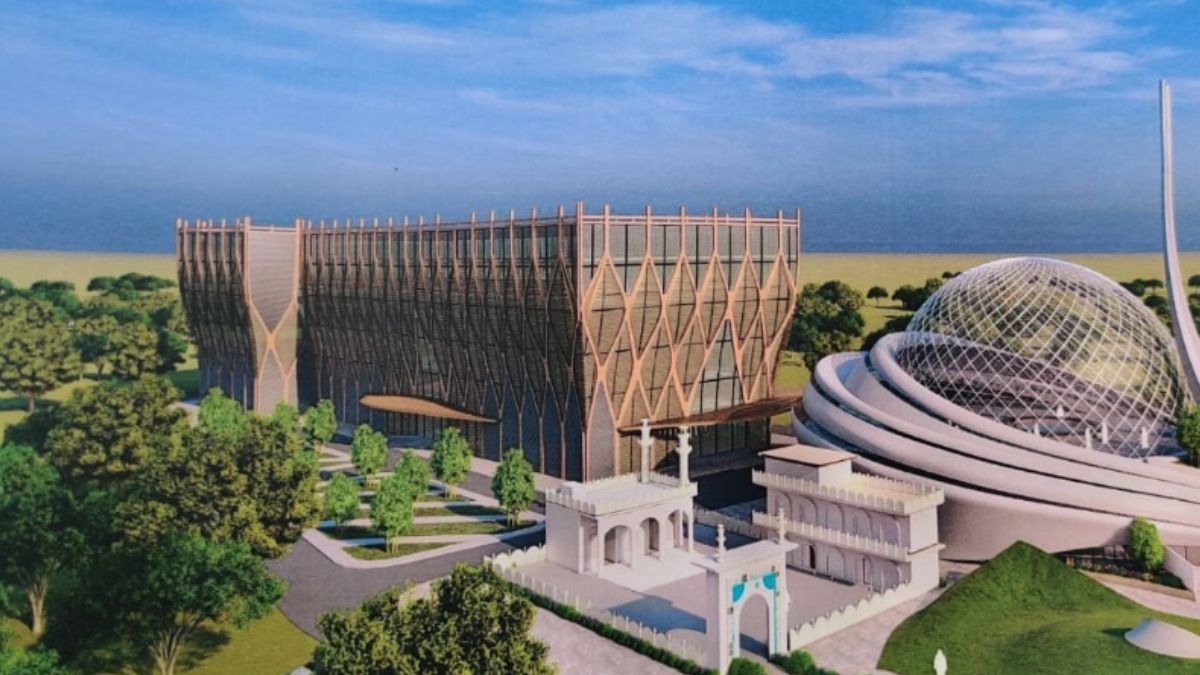In the bustling city of Ayodhya, plans are underway for the construction of a mosque spanning across 5 acres of land, marked by the auspicious presence of bricks brought all the way from the holy city of Mecca. These sacred bricks, meticulously washed with water from the Zamzam well and perfumed with itr, will be ceremoniously placed on February 29th, followed by a journey to Ajmer Sharif. This monumental endeavor stems from a historic decision by the Supreme Court in 2019, resolving the Ayodhya land dispute and granting permission for the mosque’s construction.
Foundation Laid with Holy Black Bricks
The foundation of the mosque in Ayodhya will be laid with these sacred black bricks, symbolizing a profound spiritual connection. The inaugural ceremony for the unveiling of these bricks took place on October 12, 2023, during the All India Rabta-e-Masjid program. Subsequently, under the supervision of Mohammad Bin Abdullah Development Committee’s chairman, Arfat Sheikh, the bricks were transported to Mecca for the purification ritual and then to Medina for further consecration before their journey back to India.
Inscriptions of Quranic Verses and Prophet’s Names
Crafted from special black clay, these bricks bear inscriptions of select verses from the holy Quran in gold, alongside the revered names of the Prophet Muhammad. Post the celebrations of Ramadan and Eid in April, the bricks will find their way to Ayodhya, where, 25 kilometers away in Dhannipur, the construction of the mosque will commence. Aptly named Masjid Mohammad Bin Abdullah, this mosque is envisioned to become a central hub for Islamic prayers in India, fostering unity and spirituality among its followers.
Five Minarets Symbolizing Five Pillars of Islam
Arfat Sheikh further elaborated on the architectural marvels planned for this mosque, highlighting its distinction as the first in India to feature five minarets, each symbolizing one of the five pillars of Islam. These pillars encompass Tawheed (belief in the oneness of Allah), Salah (performing prayers five times a day), Sawm (fasting during the month of Ramadan), Zakat (giving to the less fortunate), and Hajj (the pilgrimage to Mecca).




